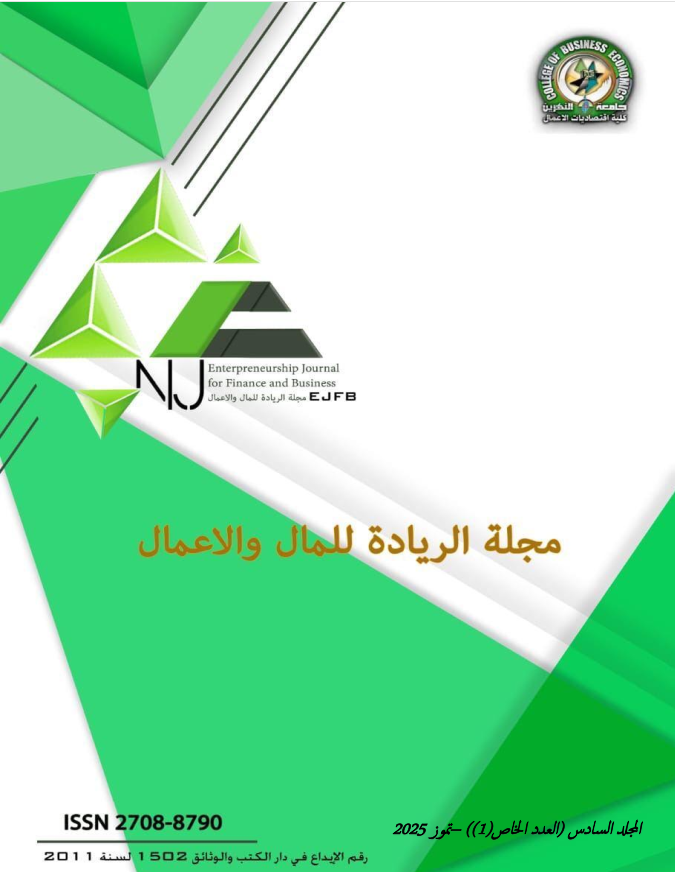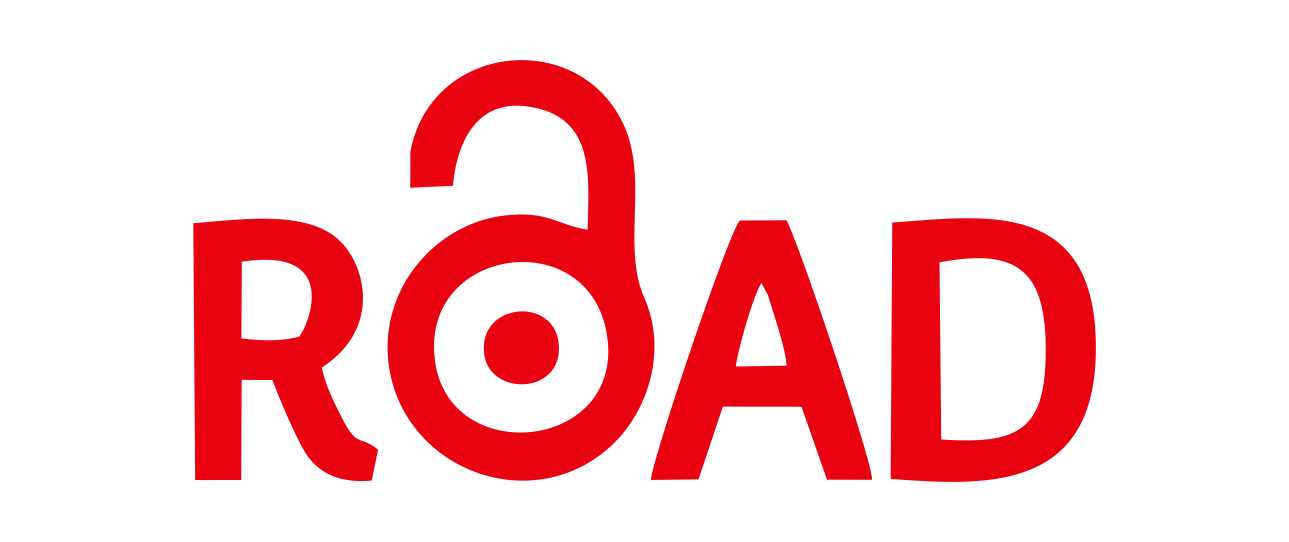The cultural factor in the implementation of strategic projects for poverty reduction and sustainable development in Iraq, the use of artificial intelligence technologies and promising areas of personnel training in the context of digitalization: experien
DOI:
https://doi.org/10.56967/ejfb2025694Keywords:
historical foundations of digitalization of the economy and society of Iraq, key conditions for the implementation of strategic projects in Belarus, Belarusian experience of linguistic analysis for the creation of national neural networks, ecosystem approach in planning socio-economic development, personnel training, digital culture, creation of a national market for high-quality dataAbstract
The article considers the historical foundations of Iraq for ensuring environmental and economic sustainability in the context of digitalization. The article presents facts about the contribution of the thousand-year-old culture of Iraq to world culture and the relevance of this contribution in solving the problems of sustainable development. A critical assessment of training technologies and the application of popular neural networks is given. It is proposed to use the experience of Belarus in planning and implementing strategic projects in Belarus in relation to the conditions of global digitalization and to use the results of Belarusian scientists in linguistic analysis of texts to create national neural networks. The importance of an ecosystem approach in solving the problems of socio-economic development of the country is emphasized. The relevance and necessity of appropriate training of personnel for the digital economy, the most important part of which in modern conditions is digital culture and the formation of a national market for high-quality data is substantiated.
Downloads
Downloads
Published
How to Cite
Issue
Section
License
Copyright (c) 2025 عقيل الخالدي، Panshin Nikolaevich

This work is licensed under a Creative Commons Attribution 4.0 International License.
This is an Open Access article distributed under the terms of the creative commons attribution (CC BY) 4.0 international license which permits unrestricted use, distribution, and reproduction in any medium or format, and to alter, transform, or build upon the material, including for commercial use, providing the original author is credited.










